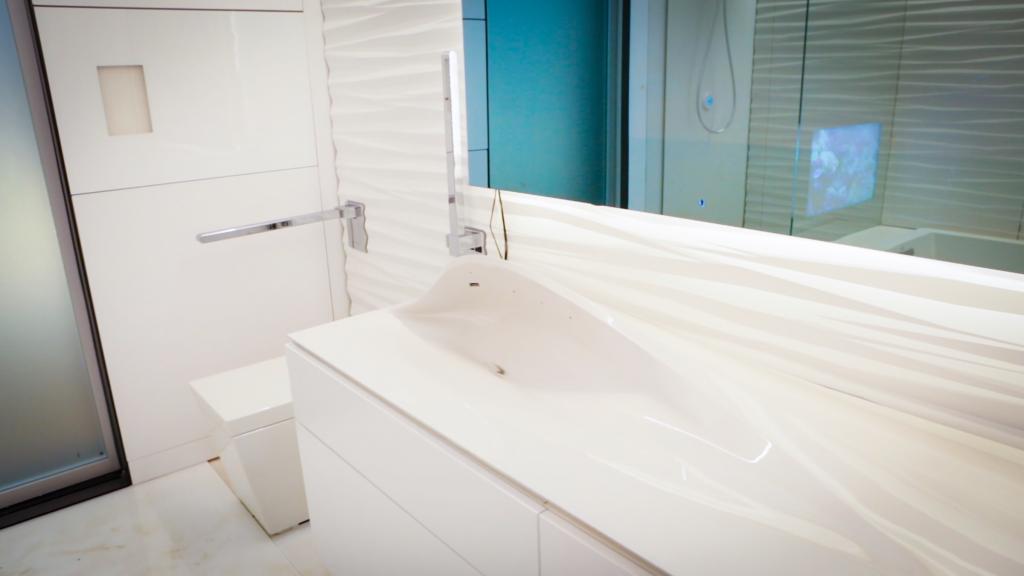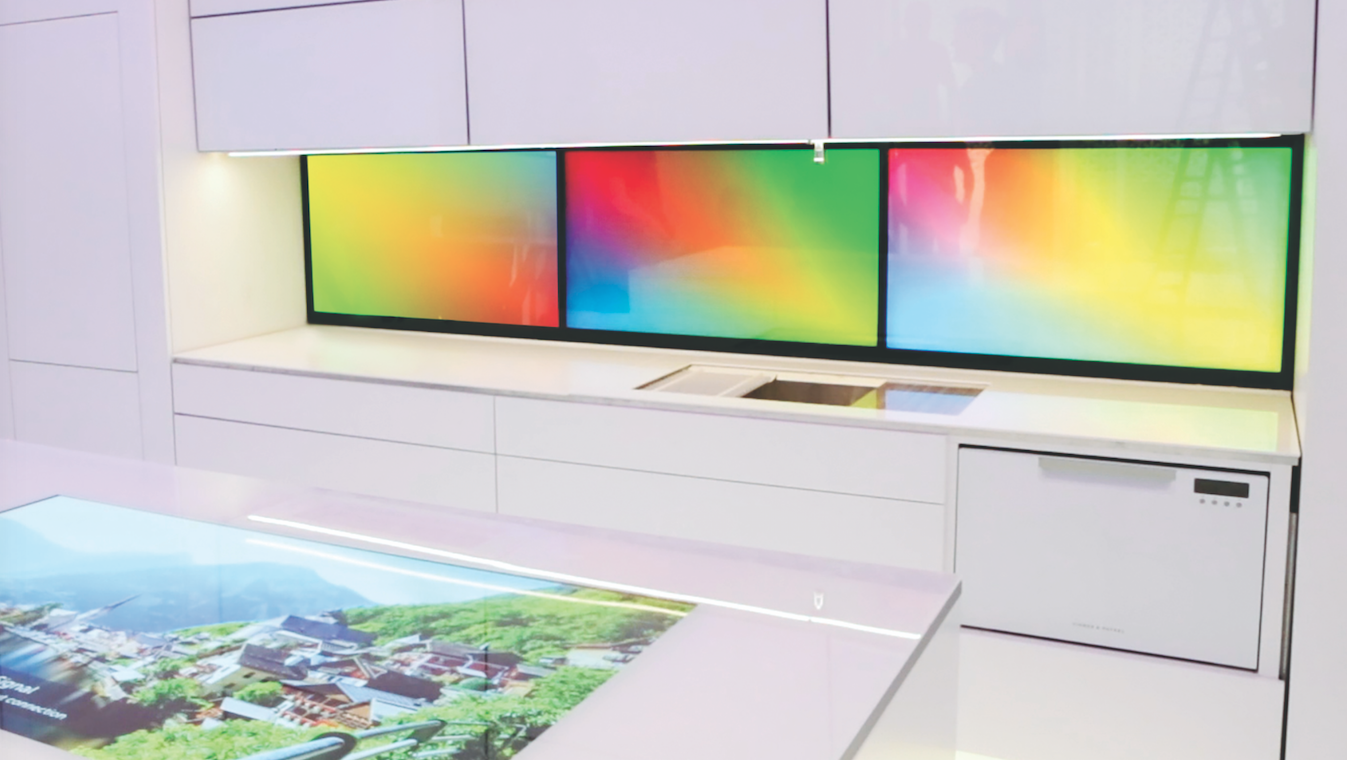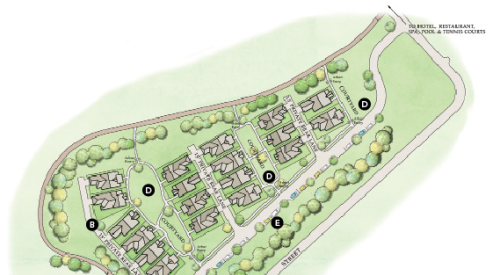The one and only U.S. entrant in the 2018 Solar Decathlon Middle East, held in Dubai, United Arab Emirates, last October-November, was Virginia Tech’s modular concept home FutureHAUS, which proved itself a winning blueprint for the future of home building.
Constructed and completed in two days and generating solar power by the third, the 900-square-foot concept home offers a scalable solution for industrializing residential construction as skilled labor, housing affordability, and climate change concerns loom.
Encompassing six years of research, FutureHAUS went from concept to construction by Virginia Tech’s team of 75 students and 15 faculty, in partnership with linear track system manufacturer Accuride International.
Influenced by assembly-line production in the automotive industry, the prefab structure integrates smart home technology—voice and facial recognition, smart lighting that can follow an individual from room to room, and a drone hatch for package deliveries—as well as new building materials and energy-positive systems that can adapt to occupant needs over the course of their lifetimes, says project lead and Virginia Tech professor Joseph Wheeler, AIA.
Wheeler tells Professional Builder that FutureHAUS uses plug-and-play “Lego-like” cartridge walls for each room so mechanical, electrical, and plumbing systems can be factory-installed, reducing skilled-labor needs in the field. Accuride’s 116RC Linear Track System enables wall sections and doors to slide into different positions to accommodate various room uses, and to raise or lower vanities, cabinets, and even plumbing fixtures to different heights for occupants of all ages, sizes, and abilities.

Sid Kalantar, Accuride’s senior VP of sales and marketing, says the company was honored to be a partner on the project and views renewable living as the future for residential construction. With limited available land becoming more expensive and populations growing, “Our company has developed technology to foster micro-living,” Kalantar says, “and seeks to stay competitive by “[evolving] our solutions to match [these] needs.”
He emphasizes the value of collaboration between home builders, innovation companies, and institutions such as Virginia Tech and trade schools. “There is an enormous need for practical applications of sustainable design and construction in homes,” he says, adding that such partnerships are mutually beneficial: “Working with Virginia Tech has enabled us to contribute to innovative work while learning about evolving technology trends and application requirements that we can help meet.”













